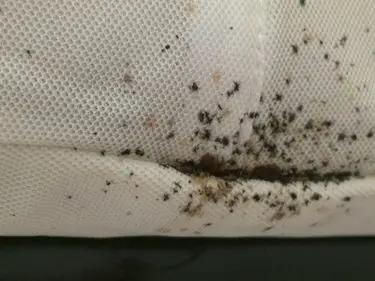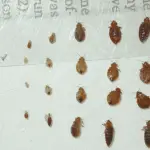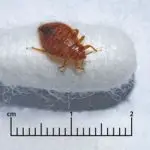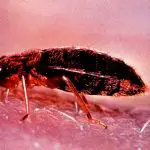Do Bed Bugs Bite on Your Back?
The first thing you should know about bedbugs is how they behave. While they may seem like ordinary bugs, bedbugs have very interesting mouthparts. In addition to feeding on human blood, they also inject an anticoagulant and anesthetic prior to feeding on you. The result is a red bump that can itch and irritate your skin.
Bedbug bites are usually itchy because the bugs’ saliva causes a histamine reaction. The intensity of this reaction varies with the person; some people have severe itching, while others have only a minor reaction. The bites usually go away on their own, but if you are prone to scratching them, they could lead to an infection.
A few treatments can relieve the itching caused by bedbug bites. One of these is a corticosteroid cream. This is available over-the-counter and without a prescription, and it can help reduce inflammation and relieve the itching. A doctor may also prescribe antibiotics.
The symptoms of bedbug bites may vary, but they typically appear several days after you’ve been bitten. You might also experience a rash or other symptoms that are similar to those caused by a mosquito bite. Some people have a negative reaction to bedbug bites, while others have none at all. A person’s body will respond differently to the bites, so further research is needed to determine what is actually causing it.
If you experience an allergic reaction to bedbug bites, you’ll usually notice a red welt around the bite. These welts are usually itchy and may resemble hives or welts. You should avoid scratching bedbug bites, as they may lead to secondary infections, which are extremely painful. They can even leave a permanent scar.








